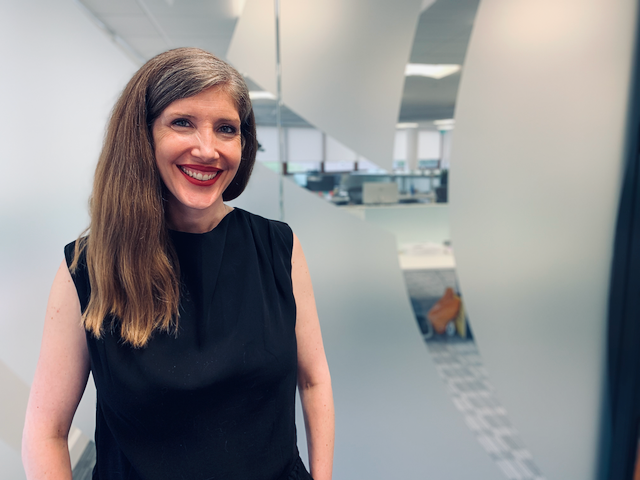
To launch our new section ‘AI in Research’ Sascha Schönig spoke to Theresa Züger, head of the Public Interest AI research group, about the influence of AI on her personal day-to-day work in research, as well as on the science system as a whole. She gave some exciting insights about the risks and opportunities AI bears for research work and talked about tools her team is developing at the Alexander von Humboldt Institute for Internet and Society.








